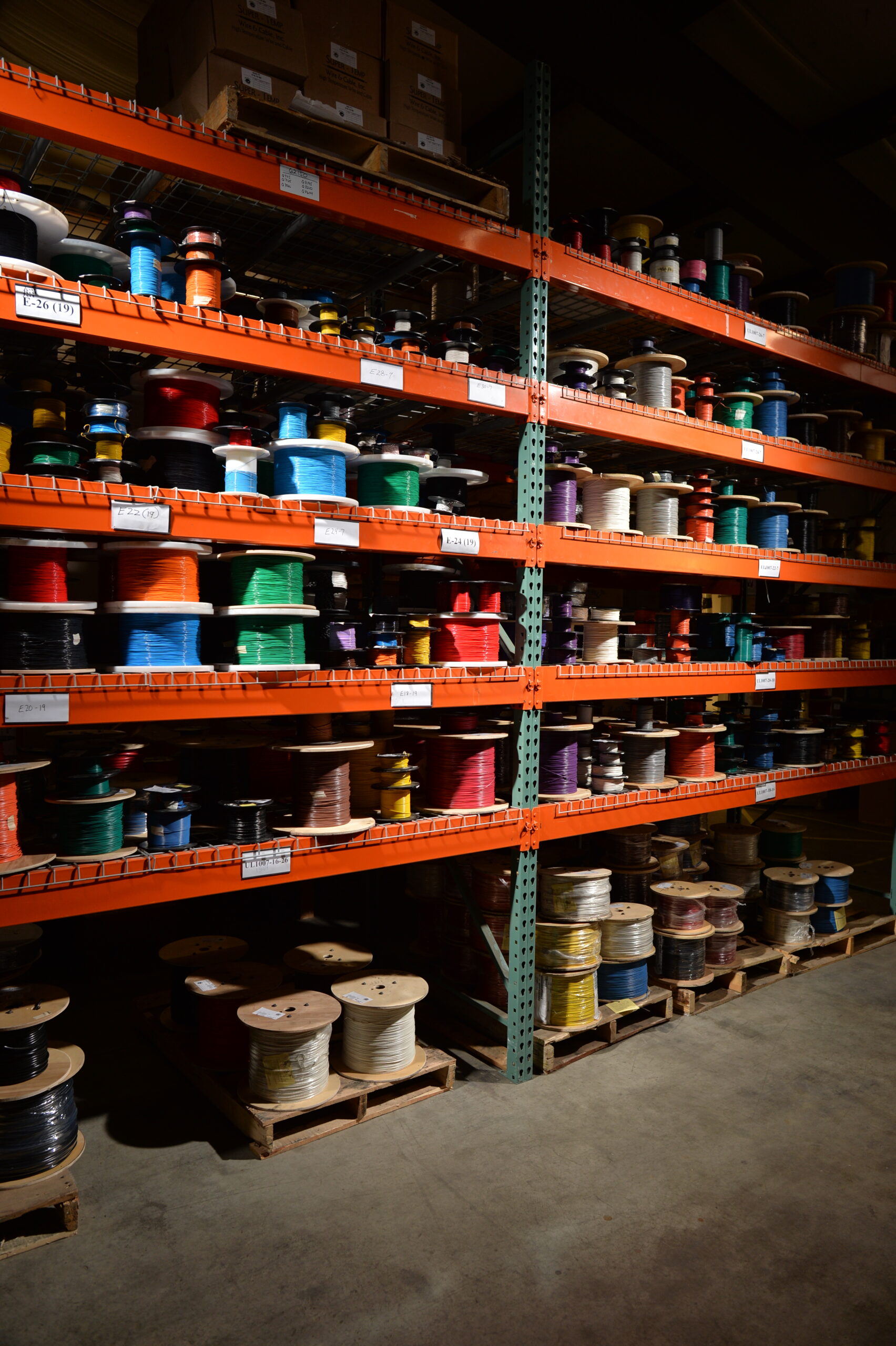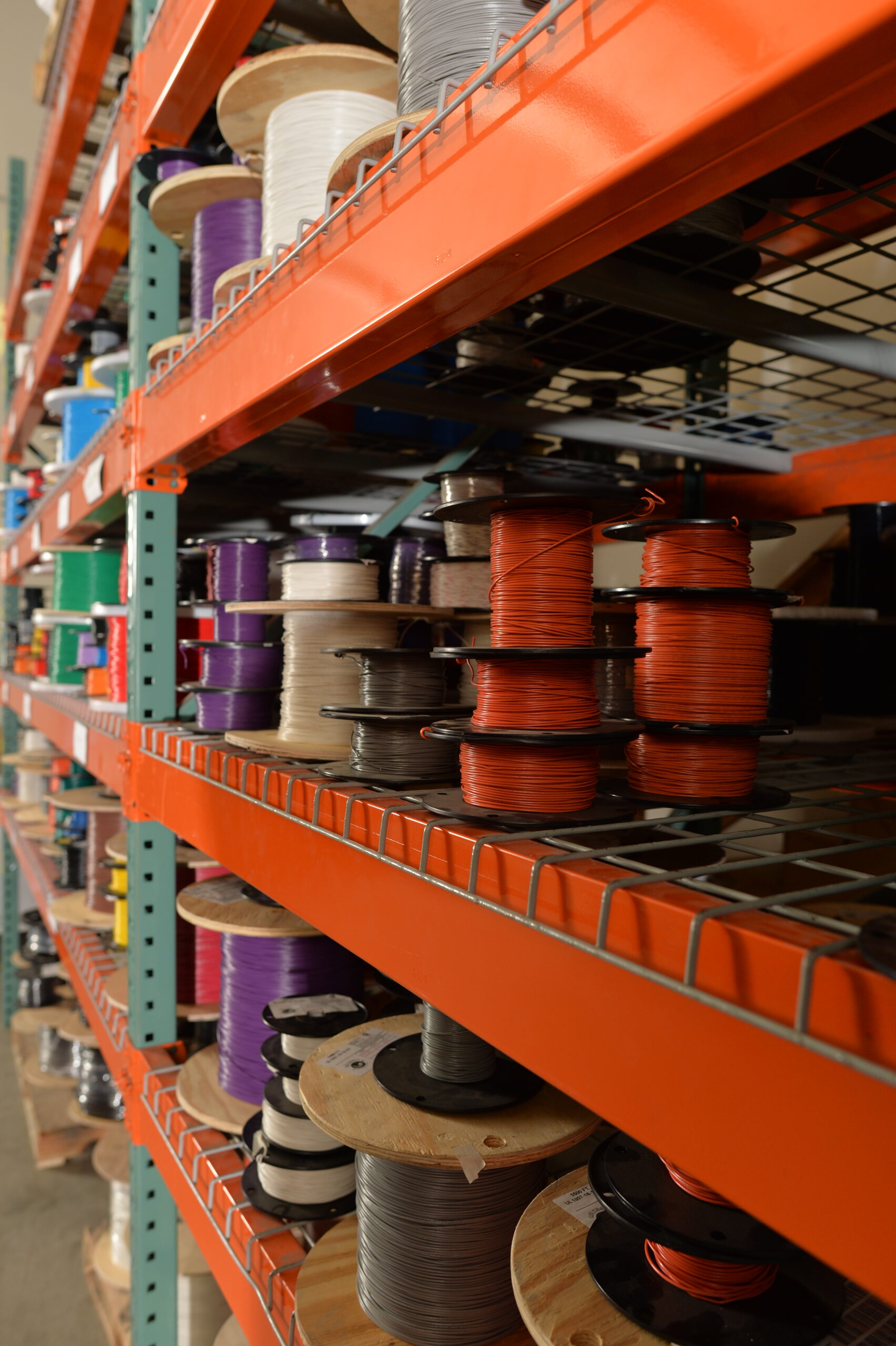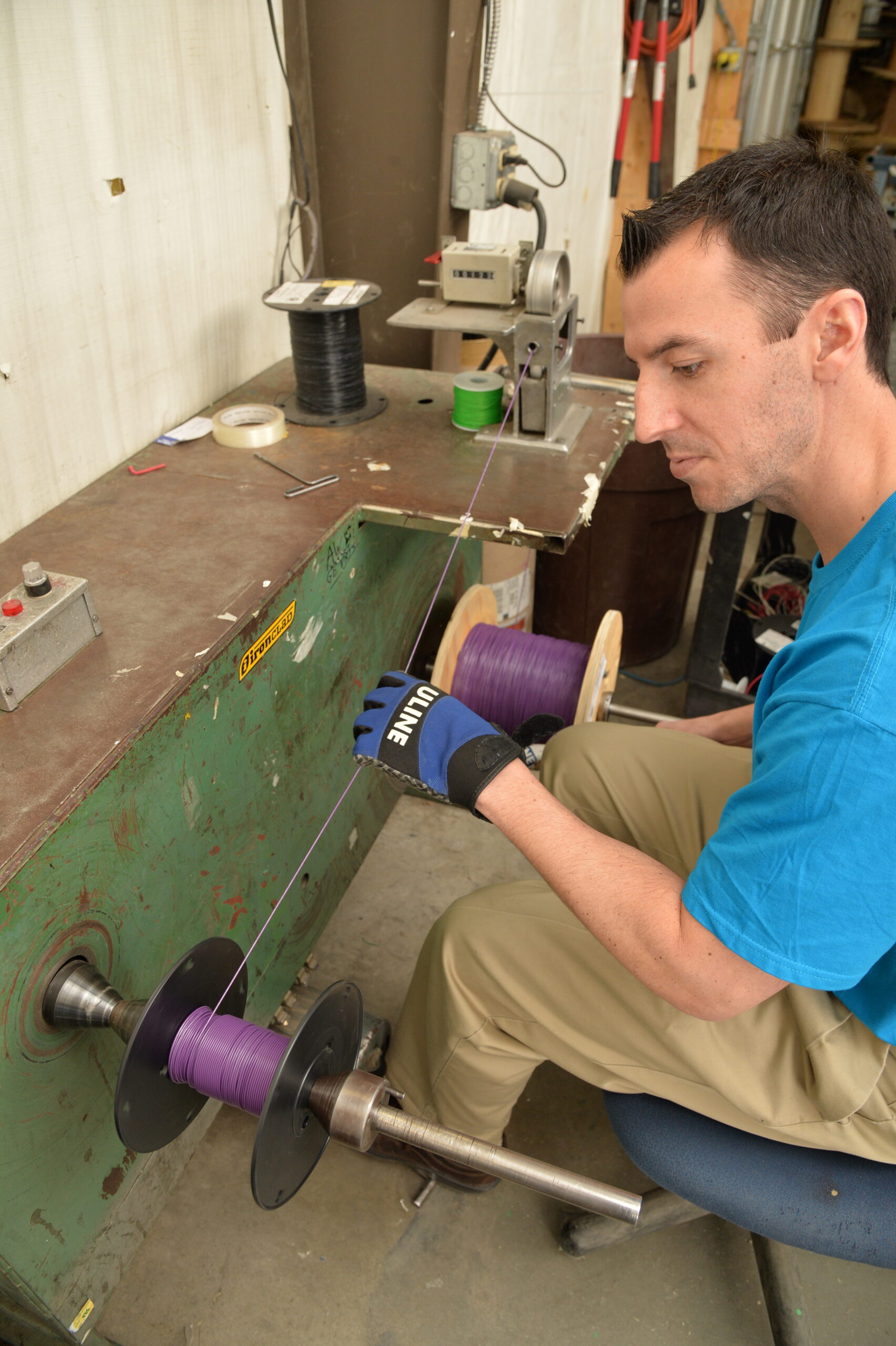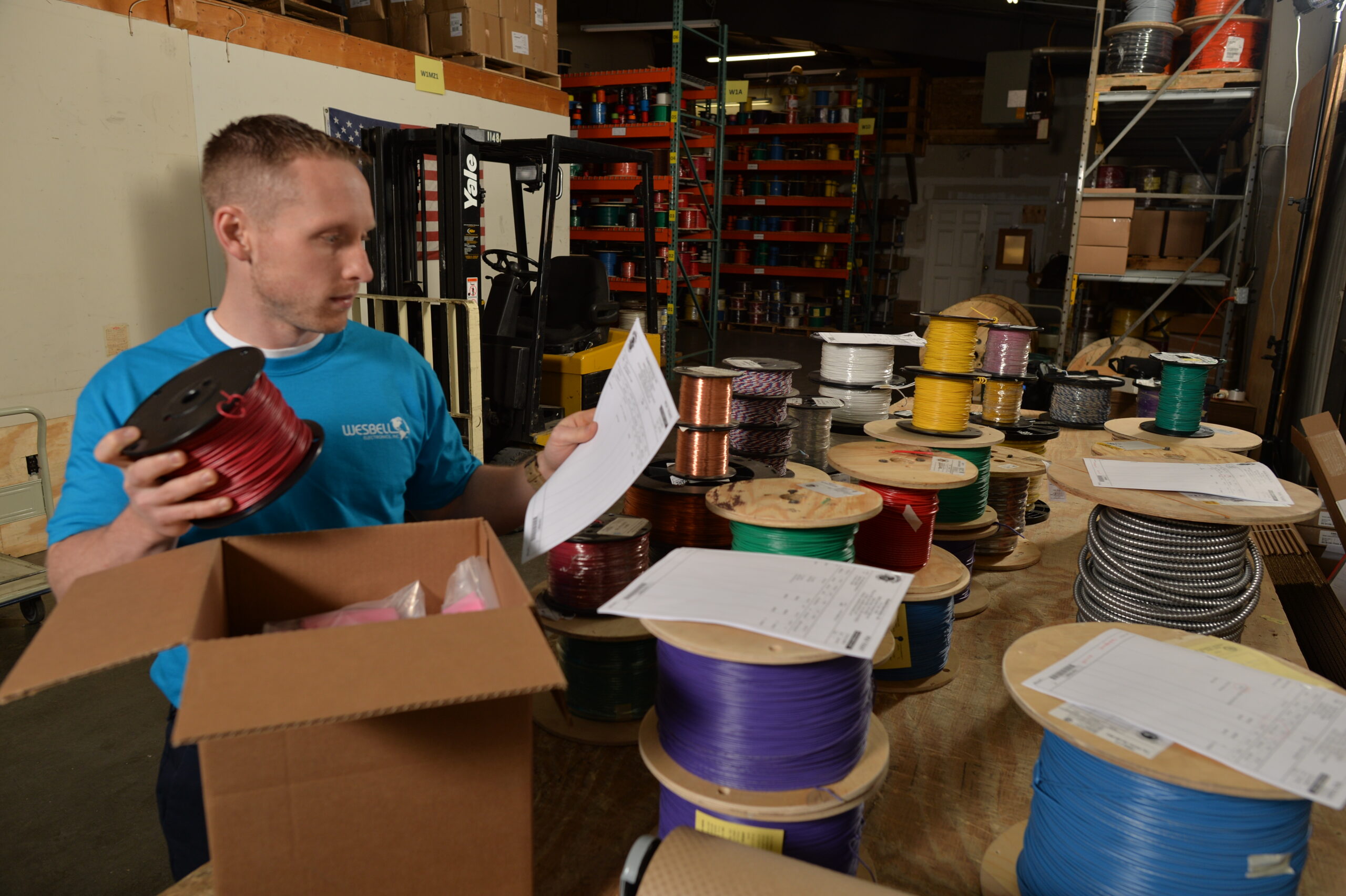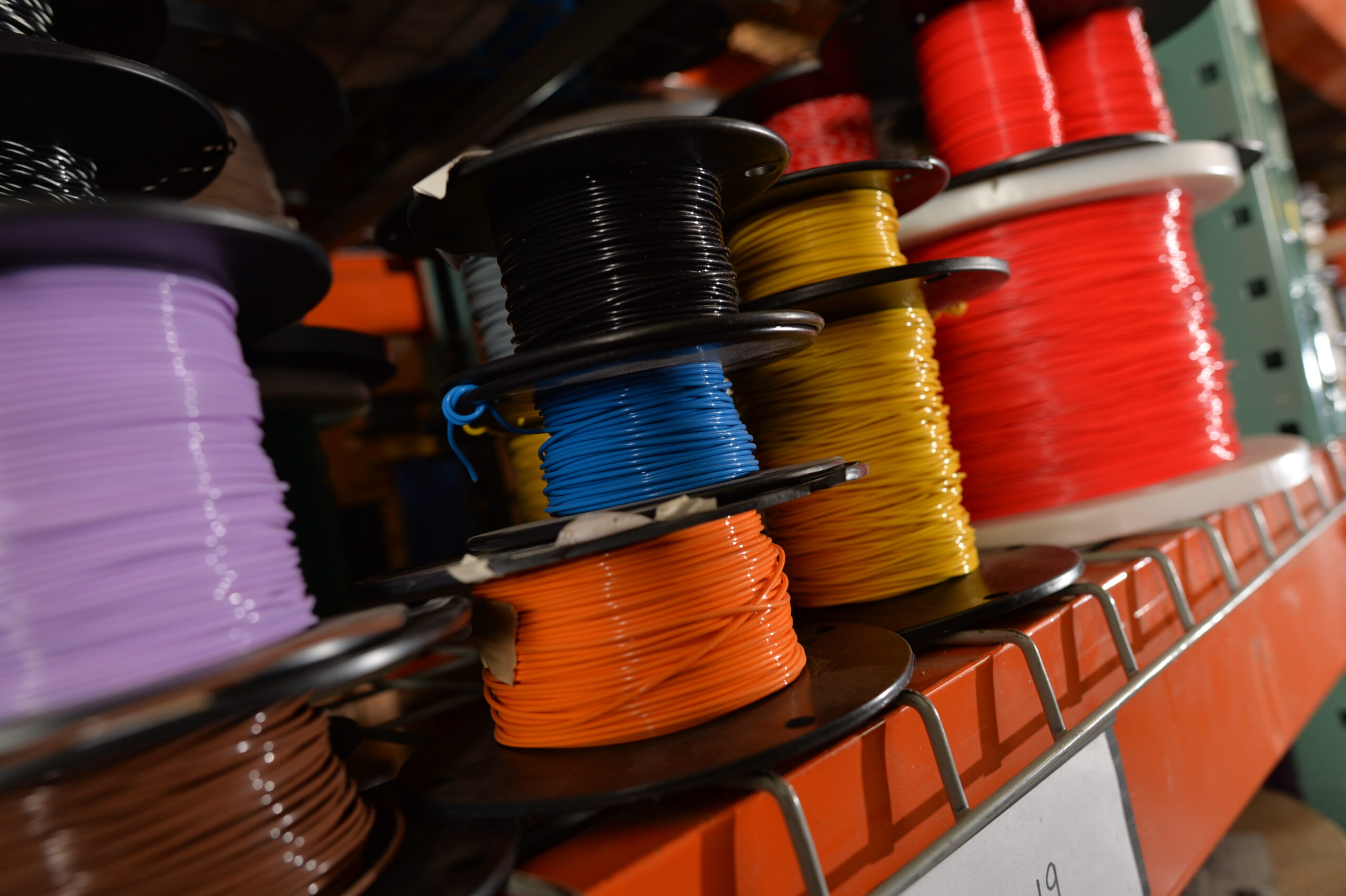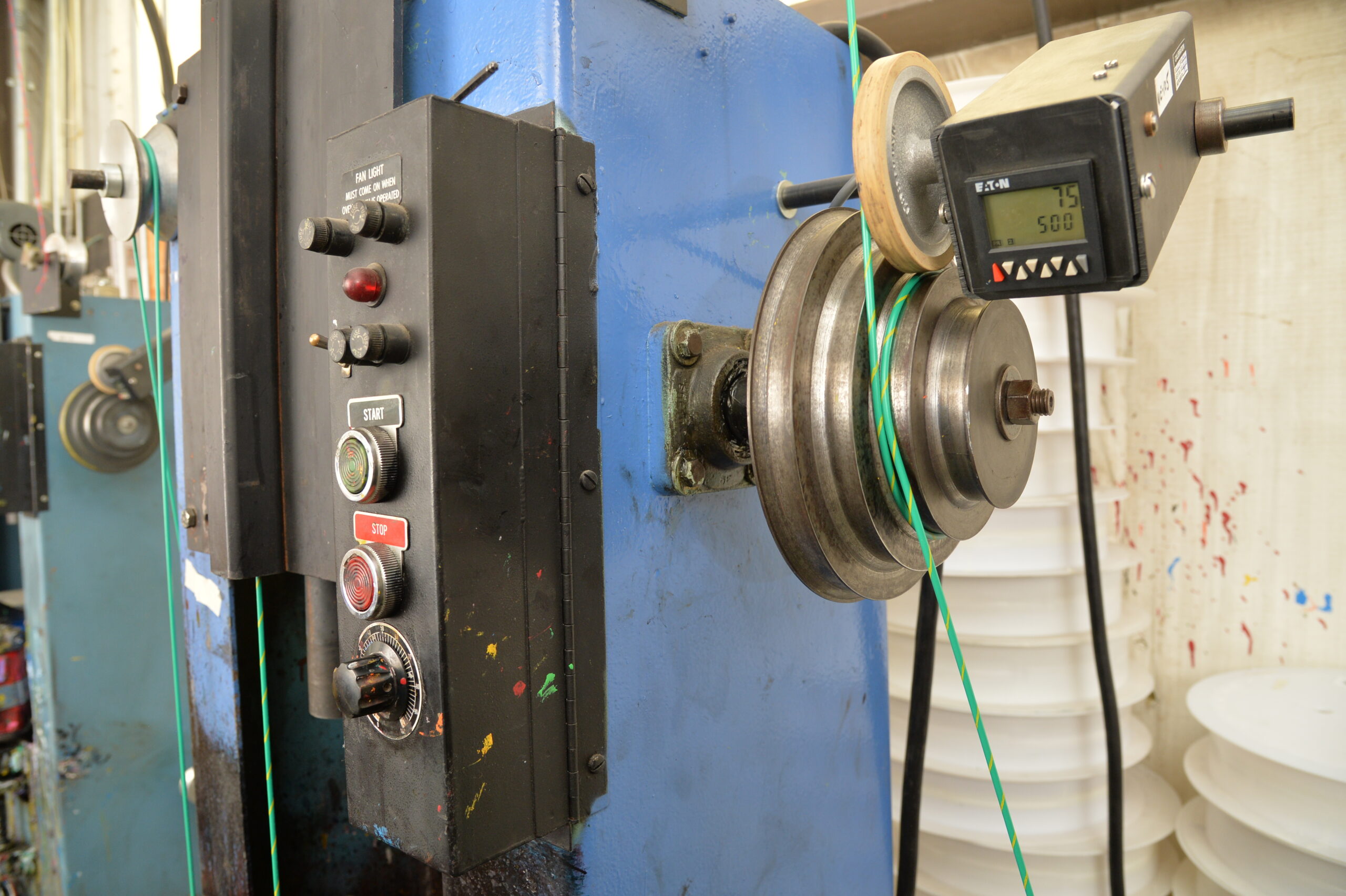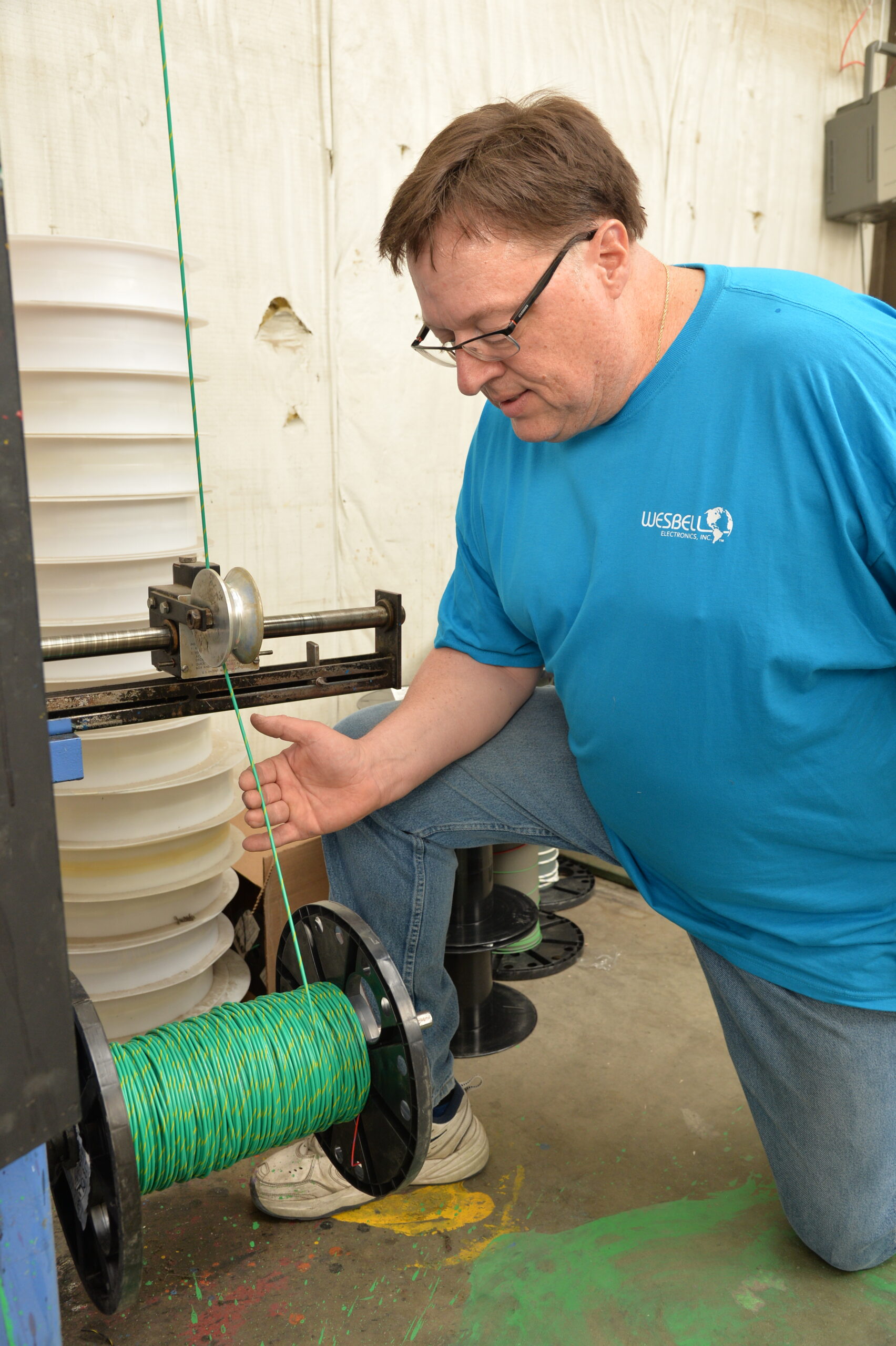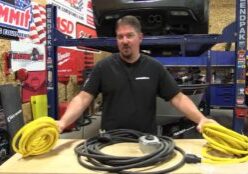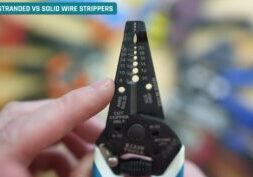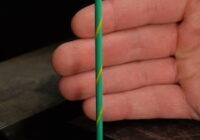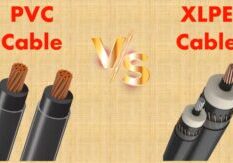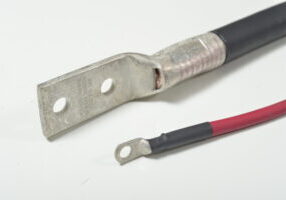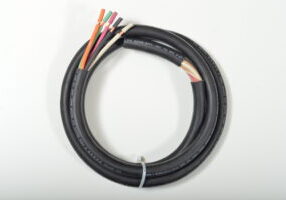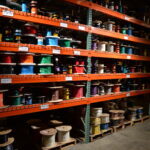
Oct 12, 2024
Buy Hook Up Wire Online (PVC or High Temperature)
Hook up wire is an essential component in electrical systems, used to connect internal circuits in electrical devices. Due to its wide range of applications in consumer electronics, automotive, telecommunications, and industrial systems, choosing the right type of hook-up wire is critical for ensuring the safety, performance, and longevity of the system. This article explores the different types of hook-up wire, including their voltage ratings, temperature tolerances, insulation materials, and how to properly qualify a distributor to supply them.
Types of Hook-Up Wire
There are several types of hook-up wire, each with its unique properties, making them suitable for different environments and applications. The key factors in determining which type of hook-up wire to use are voltage rating, temperature range, and insulation material. Below are some common types of hook-up wire:
1. PVC Hook-Up Wire (Polyvinyl Chloride)
Voltage Rating: Up to 600V
Temperature Range: -55°C to 105°C
PVC hook up wire is the most common type, offering a balance between affordability and performance. It’s widely used in general-purpose electrical applications due to its flexibility, durability, and flame-resistant properties.
- Applications: Suitable for internal wiring of electronic equipment, household appliances, and automotive systems.
- Advantages: Excellent mechanical and chemical resistance, low cost, and ease of installation.
- Disadvantages: Limited temperature range compared to some high-performance wires.
2. PTFE Hook-Up Wire (Polytetrafluoroethylene)
Voltage Rating: Up to 600V
Temperature Range: -60°C to 200°C
PTFE hook up wire is a high-performance type of wire known for its exceptional temperature tolerance and electrical insulation properties. This wire is chemically inert, moisture-resistant, and flame-resistant, making it suitable for more demanding environments.
- Applications: Aerospace, medical equipment, high-frequency electronics, and military applications.
- Advantages: High heat resistance, superior insulation, and excellent resistance to chemicals and solvents.
- Disadvantages: More expensive than PVC due to its advanced material properties.
3. Silicone Rubber Hook-Up Wire
Voltage Rating: Up to 600V
Temperature Range: -60°C to 200°C (sometimes higher, depending on the specification)
Silicone rubber hook-up wire is valued for its extreme flexibility and its ability to perform in both high and low-temperature environments. Its insulation remains pliable even in freezing conditions, making it ideal for applications where flexibility is essential.
- Applications: Suitable for environments that require continuous movement, such as robotics, medical devices, and automotive applications.
- Advantages: High flexibility, excellent thermal stability, and resistance to extreme temperatures.
- Disadvantages: Susceptible to mechanical wear and tearing, and tends to be more expensive than PVC.
4. Cross-Linked Polyethylene (XLPE) Hook-Up Wire
Voltage Rating: Up to 1000V
Temperature Range: -55°C to 125°C
XLPE hook-up wire offers improved thermal and electrical properties compared to standard PVC. Cross-linked polyethylene provides greater durability, resistance to wear, and higher temperature tolerances.
- Applications: Widely used in industrial and automotive wiring where higher voltage ratings and temperatures are common.
- Advantages: Superior resistance to chemicals, higher temperature tolerance, and increased durability.
- Disadvantages: Higher cost and somewhat less flexible than PVC insulation.
5. FEP Hook-Up Wire (Fluorinated Ethylene Propylene)
Voltage Rating: Up to 600V
Temperature Range: -70°C to 200°C
FEP hook-up wire is another high-performance option known for its chemical inertness and superior dielectric properties. Its excellent performance in both high and low temperatures makes it suitable for highly demanding environments.
- Applications: Aerospace, automotive, medical devices, and high-frequency electronics.
- Advantages: Excellent chemical resistance, low friction, high flexibility, and exceptional dielectric properties.
- Disadvantages: Higher cost compared to PVC and silicone.
6. Kynar Hook-Up Wire (Polyvinylidene Fluoride – PVDF)
Voltage Rating: Up to 300V
Temperature Range: -60°C to 150°C
Kynar hook up wire is commonly used in applications that demand high mechanical strength and excellent abrasion resistance. Kynar is known for its flame resistance and superior chemical resistance properties, making it suitable for harsh environments.
- Applications: Ideal for wire-wrapping applications, telecommunication equipment, and electrical interconnections.
- Advantages: High mechanical strength, excellent resistance to chemicals, and superior durability.
- Disadvantages: Slightly more rigid and less flexible compared to other materials.
Voltage Ratings and Hook-Up Wire Selection
Voltage ratings are crucial in selecting the appropriate hook-up wire for a given application. The voltage rating indicates the maximum voltage that the insulation of the wire can safely handle without breaking down. Most hook-up wires have voltage ratings of 300V or 600V, which covers a wide range of applications. However, special applications may require wires rated for higher voltages.
- 300V Hook-Up Wire: Ideal for low-voltage devices, telecommunications, and signal transmission.
- 600V Hook-Up Wire: Suitable for general-purpose wiring in industrial systems, motors, and HVAC units.
- 1000V Hook-Up Wire: Designed for high-power equipment and heavy-duty industrial use.
When selecting a wire, it is important to ensure that the wire’s voltage rating matches or exceeds the system’s requirements to avoid potential insulation failure and electrical hazards.
Temperature Ratings and Environmental Considerations
The temperature rating of a hook-up wire refers to the range of temperatures in which the wire can safely operate without compromising its integrity. Most applications fall within standard ranges, but some environments require more extreme tolerances. Choosing the correct wire temperature rating is essential for ensuring reliable operation in specific environments:
- Low-Temperature Applications: Use hook-up wire with a temperature rating as low as -70°C (such as FEP or PTFE) in environments with freezing conditions, such as outdoor installations or aerospace applications.
- High-Temperature Applications: Silicone and PTFE wires are ideal for high-heat environments, capable of withstanding temperatures up to 200°C or higher.
Always consider the temperature environment in which the wire will be operating and select a wire with the appropriate temperature tolerance to avoid insulation breakdown or failure.
Insulation Materials
The choice of insulation material plays a pivotal role in determining a hook-up wire’s suitability for specific applications. Insulation is what protects the wire from environmental factors such as heat, moisture, chemicals, and mechanical stress. Here are some of the most common insulation materials and their characteristics:
1. PVC (Polyvinyl Chloride)
- Characteristics: Flexible, durable, flame-retardant.
- Pros: Low cost, good abrasion resistance, widely available.
- Cons: Lower temperature and voltage limits compared to other materials.
2. PTFE (Polytetrafluoroethylene)
- Characteristics: High temperature wire, excellent chemical resistance, high dielectric strength.
- Pros: Extremely resistant to heat, chemicals, and moisture.
- Cons: Expensive, limited flexibility compared to silicone.
3. Silicone Rubber
- Characteristics: Highly flexible, withstands extreme temperatures.
- Pros: Excellent flexibility, high-temperature tolerance.
- Cons: Prone to wear and mechanical damage in certain conditions.
4. XLPE (Cross-Linked Polyethylene)
- Characteristics: Heat-resistant, durable, good electrical properties.
- Pros: Superior heat and chemical resistance, long-lasting insulation.
- Cons: Less flexible than PVC, higher cost.
5. FEP (Fluorinated Ethylene Propylene)
- Characteristics: High-performance material with excellent chemical resistance and low friction.
- Pros: High-temperature tolerance, low dielectric loss, excellent durability.
- Cons: Expensive, less flexible compared to other insulations.
6. Kynar (PVDF)
- Characteristics: High abrasion resistance, flame-retardant, chemically resistant.
- Pros: Tough and durable, good resistance to chemicals and environmental wear.
- Cons: Slightly more rigid than other materials.
Qualifying a Distributor as a Hook-Up Wire Supplier
Choosing the right distributor for your hook-up wire needs is just as important as selecting the correct wire type. Ensuring that your supplier is reliable and qualified is key to avoiding potential quality issues, delays, or supply chain disruptions. Here are several factors to consider when qualifying a distributor:
1. Certifications and Standards Compliance
Make sure the distributor complies with relevant industry standards, such as UL (Underwriters Laboratories), CSA (Canadian Standards Association), or MIL-Spec (Military Specifications). Certification ensures that the products meet safety and quality standards, which is crucial for applications where performance and reliability are paramount.
- ISO Certification: Check if the distributor has ISO 9001 or ISO 14001 certification, which guarantees that they follow rigorous quality management processes.
2. Product Range and Availability
The distributor should carry a wide range of hook-up wires, including different voltage ratings, temperature ratings, and insulation materials. Having a large inventory ensures they can meet your specific needs, especially when you require specialized wires for unique applications.
- Lead Time and Stock Availability: Choose a distributor that can provide timely deliveries and holds sufficient stock of the wires you need. This is particularly important for manufacturing environments with tight deadlines.
3. Supplier Reputation and Customer Support
A reputable supplier with a proven track record of reliability is critical. Check reviews, request references, and evaluate their customer support services. Prompt and knowledgeable customer service can resolve issues faster, ensuring your projects stay on track.
4. Pricing and Bulk Discounts
While pricing should not be the only factor, it is important to compare quotes from multiple distributors. Ask about bulk discounts or loyalty programs that might be beneficial if you regularly purchase large quantities.
5. Technical Expertise and Support
Your supplier should have a deep understanding of the products they offer. They should provide technical advice on which type of hook-up wire is best suited for your application, helping you make an informed decision.
6. Supply Chain Transparency
Ensure the distributor has a transparent and well-managed supply chain. This helps you avoid issues like counterfeit or substandard products, which could compromise the quality and safety of your electrical systems.
Conclusion
Selecting the right type of hook-up wire is essential for the performance, safety, and durability of your electrical system. Considerations such as voltage rating, temperature tolerance, and insulation material should guide your decision to match the wire with its intended application. Additionally, properly qualifying a supplier is critical to ensuring that you receive high-quality, reliable products. By focusing on certifications, product availability, supplier reputation, and technical expertise, you can choose a distributor that meets your business’s specific needs.

